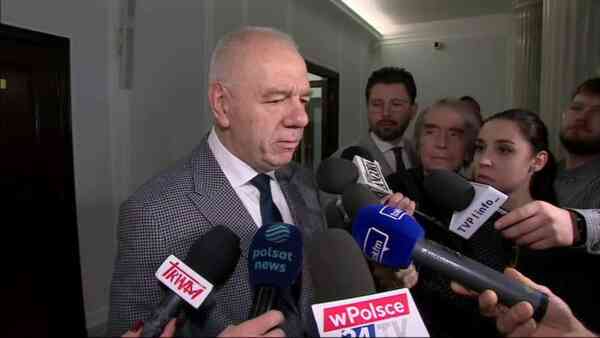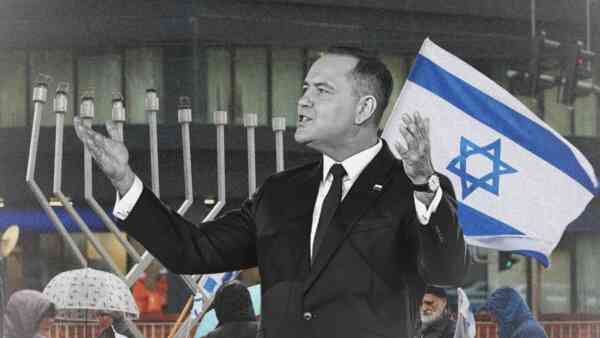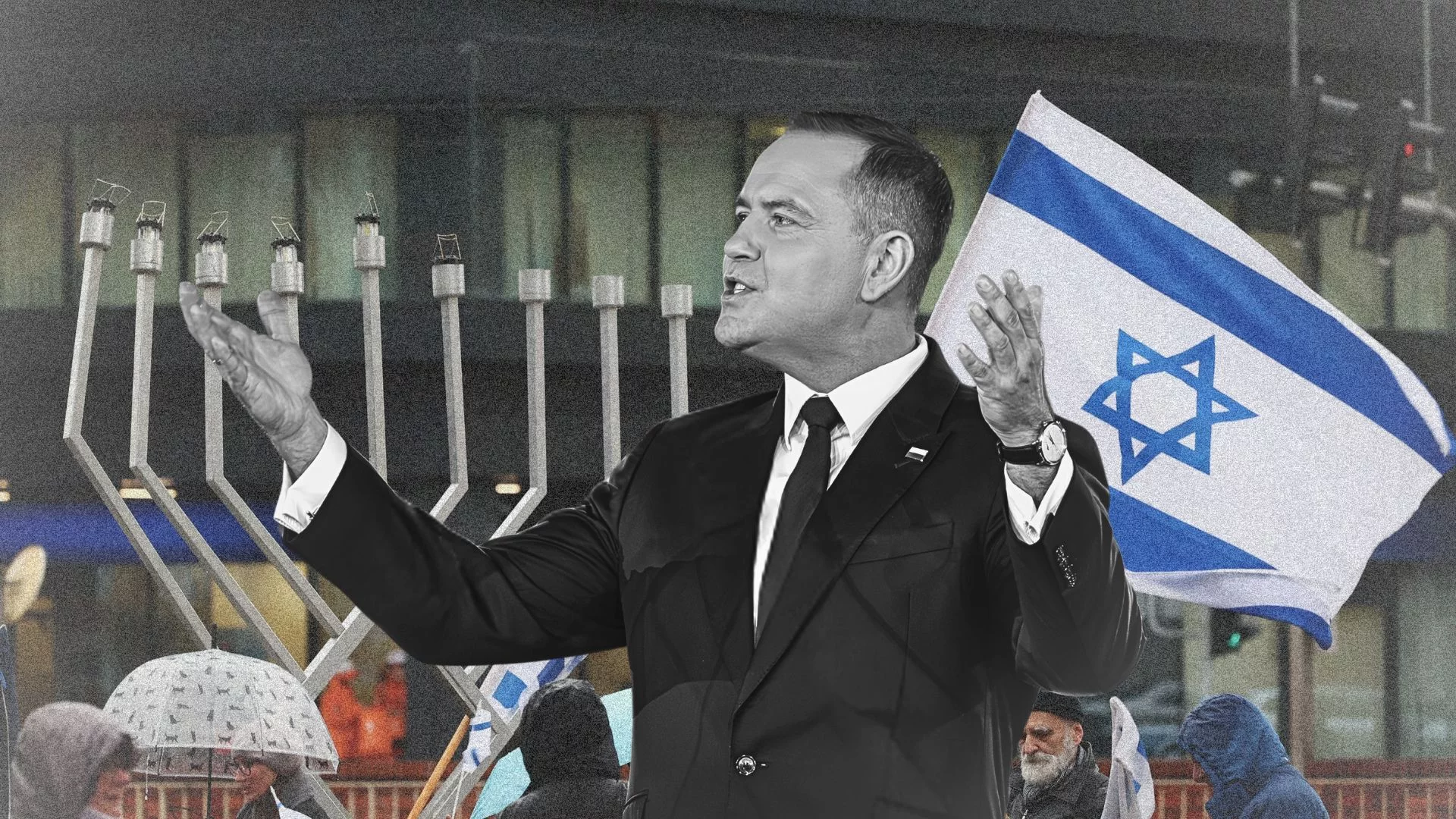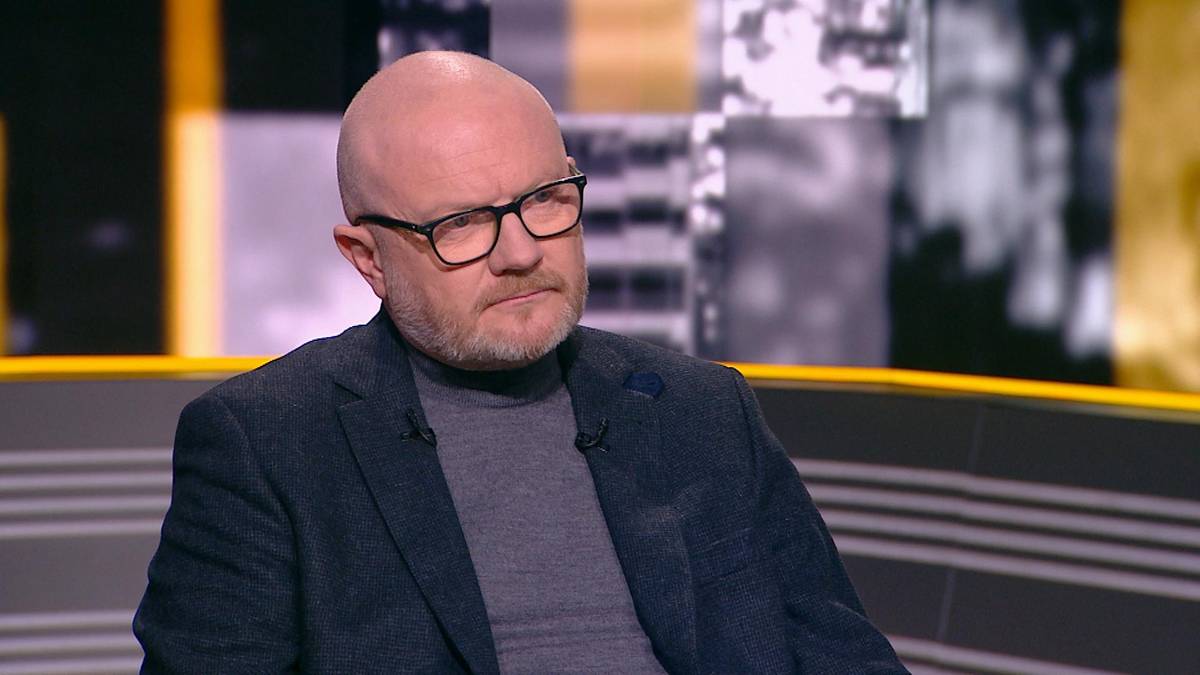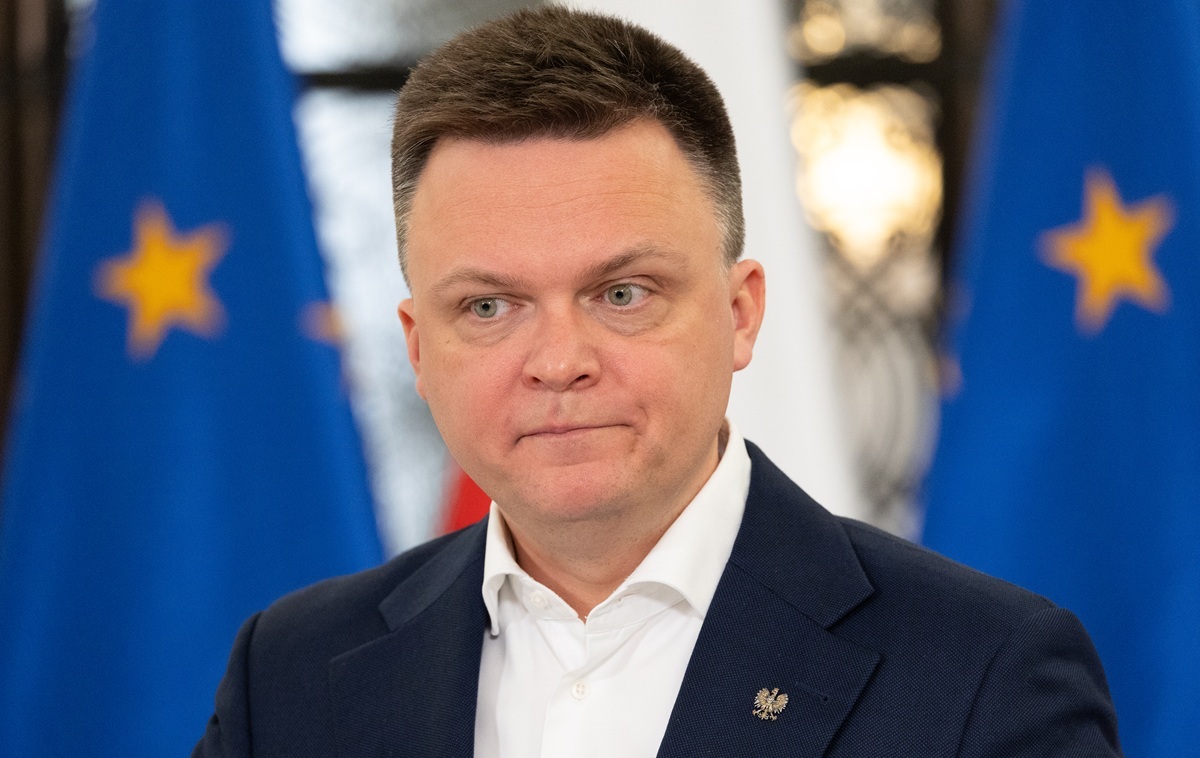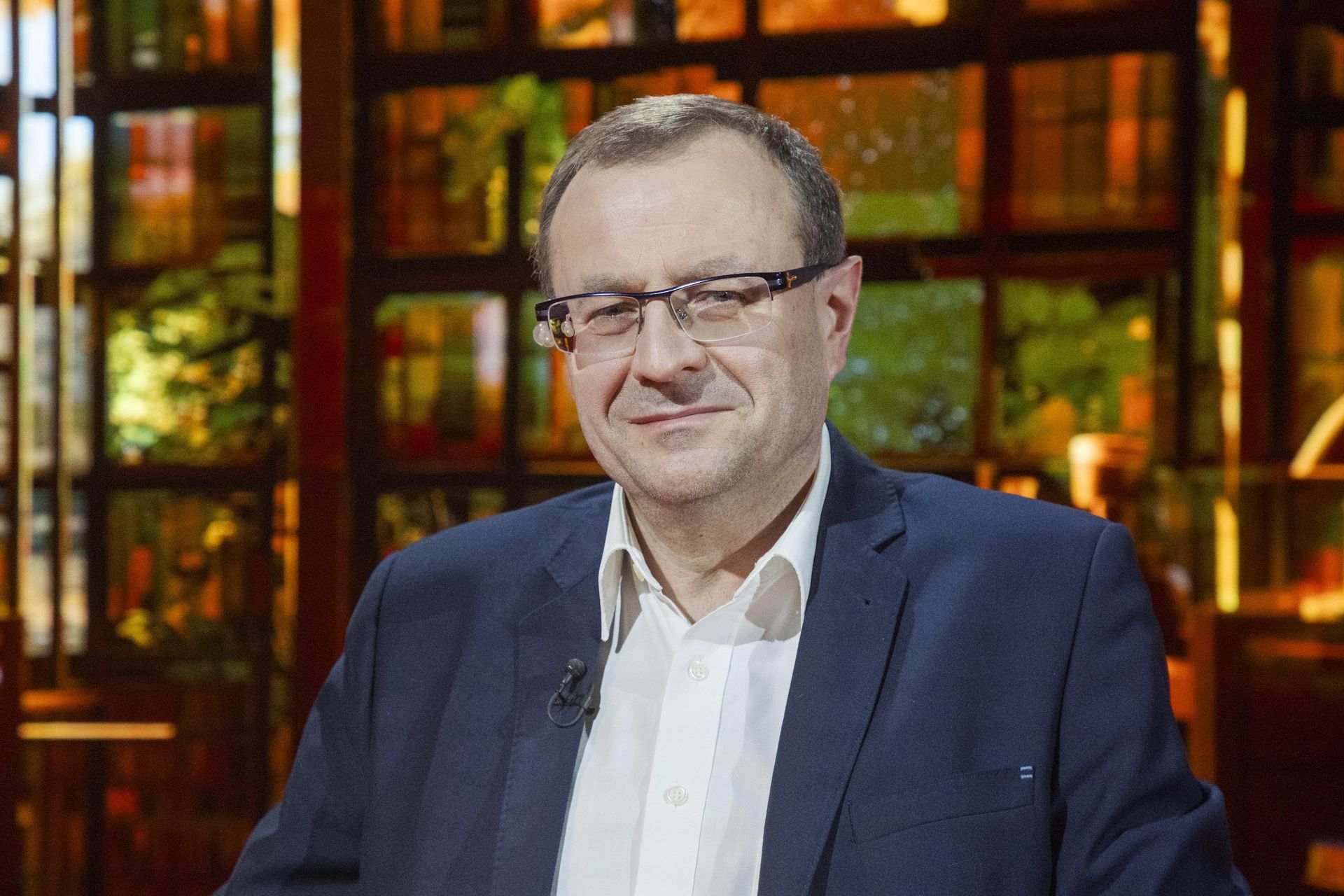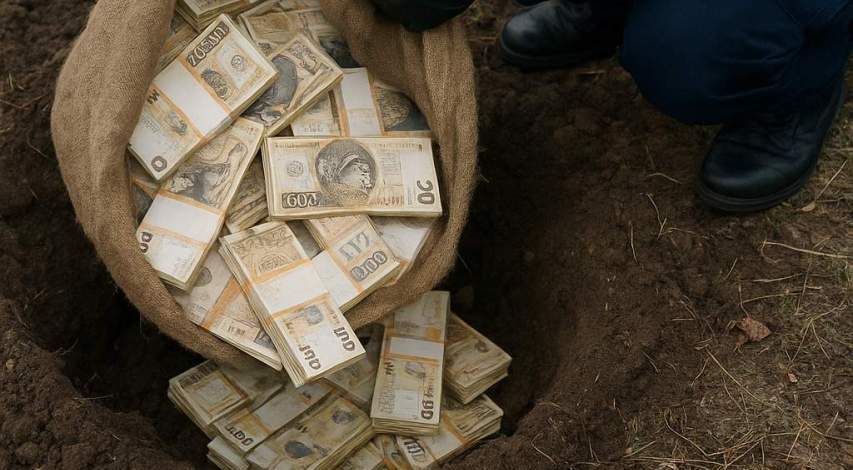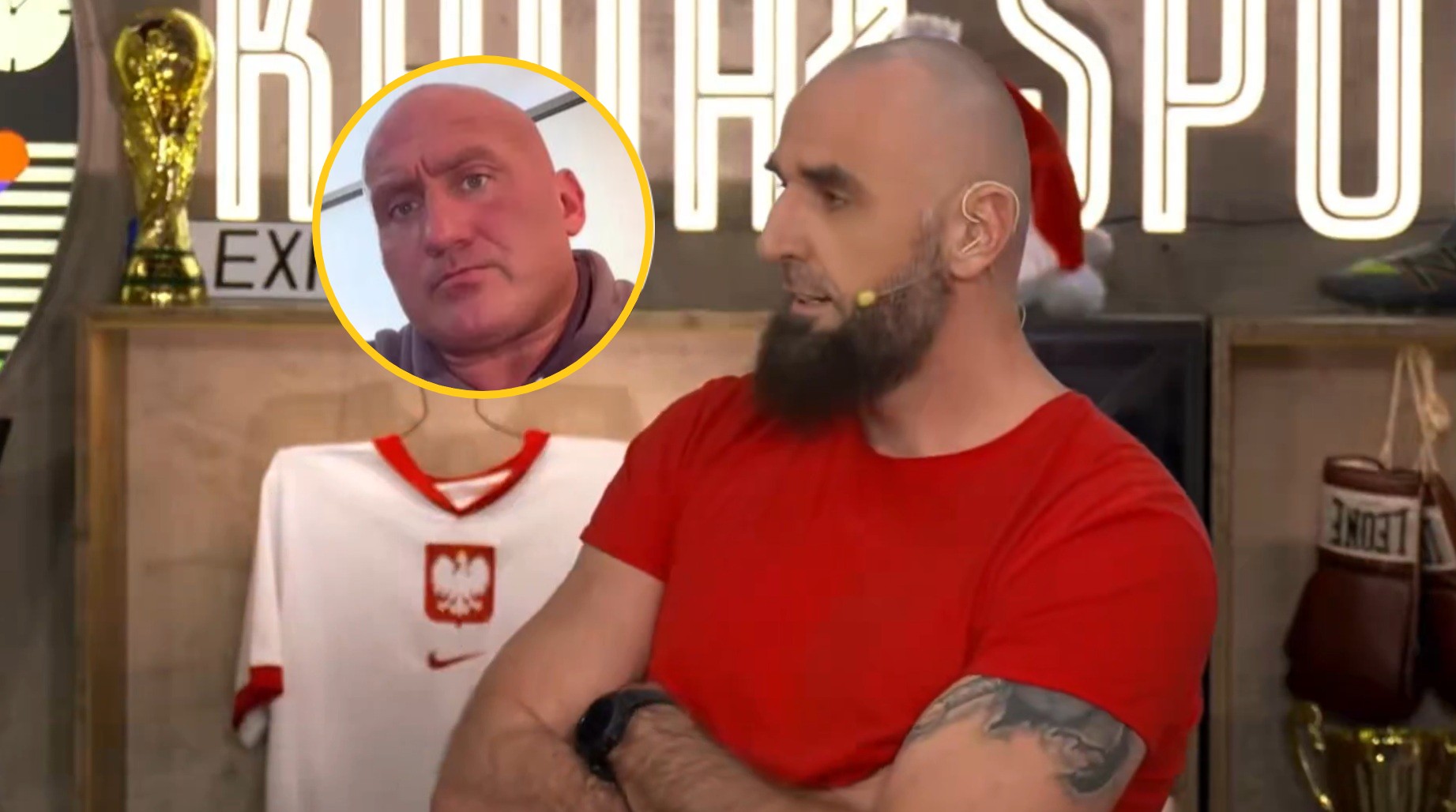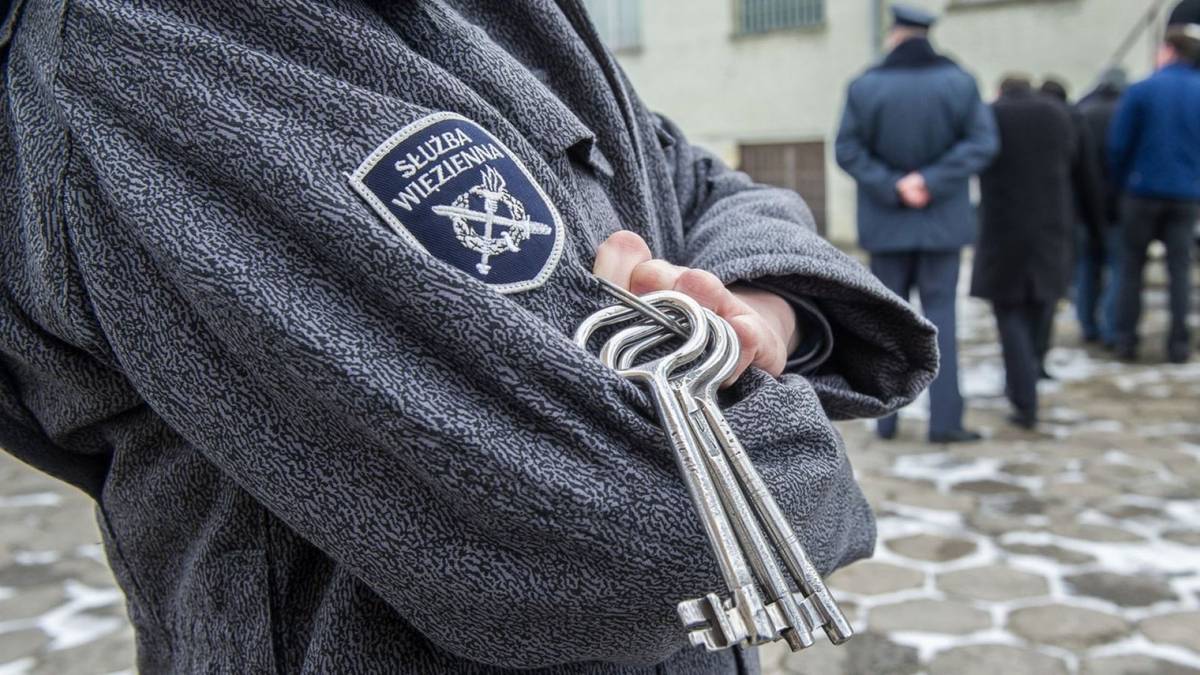Bożena Ratter: The 85th anniversary of Russia's aggression against Poland
date:21 September 2024 Editor: Anna
On September 17 at dawn, the Red Army launched an invasion over a 1000 kilometres long east border of the Republic. The Presidents of Stanisławów, Lviv, Vilnius, Tarnopol, Łuck and many another border cities did not leave, as did the president of Warsaw, their offices. Most of them were immediately arrested and transported to Siberia. Enslavement began with disarming officers and soldiers, due to the fact that they fought Hitler's assault on Poland and all Europe.

A beautiful language, but the tragic effect and endurance was expressed by the Polish novelist Henryk Sienkiewicz about Cossack Wars: The wolves howled on the ruins of old cities and the flourishing lands were like a large tomb. hatred grew into hearts and poisoned blood.
Sienkiewicz's pen would compose even more tragically about the past years 1939 – 1945 on the Polish Eastlands! – these words were written by Bishop Wincenty Urban in the introduction to the Way of the Cross of the Archdiocese of Lviv but another archdioceses, Vilnius or Grodna, besides passed the Way of the Cross.
In the first days following the German attack on 1 September 1939, crowds of refugees began to appear, aiming towards the east runs of Poland and a group of broken Polish military troops. A real military and civilian camp was formed in Biłka Szlachecka and Royala as “Polish villages” in 1939. Polish refugees after leaving Lviv or its bypass, following the Tarnopolskie trail, headed mostly for remainder and accommodation to these villages, due to the fact that villages mostly inhabited by the Ukrainian population, carried murder, death and plunder for tired refugees. Ukrainian peasants invited tired Polish soldiers, gave them food, a place to sleep, and at night they murdered and robbed everything, so it was in Czyżyków and Hermanów.( Fr Bishop Vincenty Urban)
The authorities of II of Poland liquidated and arrested professional russian spies and informants from national minorities. The Soviets had full information about administration, military, border services, settlers, etc. Arrests began immediately, and later Polish officials, local governments, judges, prosecutors, police officers, railwaymen, foresters, professors, teachers, political and social activists were murdered. In a word Polish intelligence - Władysław Białowas , letter Na Rąbieży No. 127/2013.
Immediately afterwards, the transports of the population began from the lines to Workuta, Kolyma, Magadan. This is where the deportees, sentenced to destruction, lost their lives, their health, acquired their disability. And following them, families who were considered worthy of exile were thousands, hundreds of thousands of Polish families exported in 4 mass deportations: On February 10, April 13 and June 20, 1940, and June 21, 1941; on the Siberian taiga and steppes of Kazakhstan. And along the tracks, on the railway embankment lay a cast of corpses frozen to death, from hunger, disease, thirst for infants, children, and old men.
According to the estimates of the Polish authorities in London, over 1 million 200 1000 people were exported from the east territory of II of Poland. besides about 150 1000 were mobilized into the Red Army, and 180 1000 were taken distant as prisoners of war. We have been dealing with genocide since the transport of people deported under inhuman conditions, - assessed Władysław Białowas.
Before the war broke out in 1939, Ukrainians declared themselves allies of the Germans and during the war business they performed this function very faithfully. First they kissed russian tanks that were to liberate them from the Polish yoke, then they did the same with German tanks. Ukrainians took over most of the administrative power and provided NKVD with proscription letters according to which arrests and exports to Siberia were made. They accused Poles before russian authorities that they had guns and wanted to usage them against them. This resulted in various repressions against Poles, specified as prison and robots. The work of the Ukrainian Republic was the large export of Poles to Siberia in 1940 (10 February at the top cold) ...it was not the last export. (Ks. Bishop Vincenty Urban).
Between 17 September and the end of 1939, about 6000 -8000 Poles were murdered in 3 districts of Tarnopolskie Voivodeship: Buchacz, Podhajce, Brzeżany. This is already a mass scale, the crime continues until 1947. For us, who lived in this region of Tarnopolskie, fear was the most shocking feeling and we drew this fear behind us, fear seized us and controlled us until 1945, erstwhile we were expelled from our Polish land. We had to face it, the pain of the soul, our neighbors, our friends abruptly take the ax, forks go to our homes cut off our heads, legs our hands, women's breasts, tongues, pluck out our eyes - Stanisław Srokowski.
From the collection of the Hoover Institute Archives at Stanford – developed by Jan Tomasz Gross. Łucki County-Roman M. (born 1926)
"When the Soviets came to our village, the Ukrainians began to take everything from us from home and then began to divide our land among themselves, namely those who in Polish times could not even rob their own land due to laziness, but they were very keen on ours. Later, the Soviets gave Ukrainians 24 hours to do whatever they wanted with Poles. The Ukrainians from the village then came to our settlement and began robbing and killing settlers, killed 5 settlers: Tanski, Kucharski, Strumidło, Minkusik, Michalski, and 7th they escaped or hid in the woods for a fewer weeks. You couldn't get out of the woods due to the fact that there were all these Ukrainians with the Moskals. And the Ukrainians came to our home 1 by 1 and looked for Daddy but unfortunately, due to the fact that Daddy was hidden in the woods and they found nothing, not even 1 hen due to the fact that the erstwhile Ukrainians took even the smallest things. The Ukrainians wouldn't let us leave our homes due to the fact that they blasphemed us all step of the way and even the small loops threw sticks erstwhile I met them. After 3 weeks, Daddy came home, but he didn't sleep at home, he just had to hide for the night due to the fact that they came all night and asked for Daddy. 1 night they came to the neighbour of the Head and started looking for something to rob and then they started asking my friend where the father was, but the boy didn't say, they killed him (Head Władysław), the young boy was only 16 years old. The manager of Puszczarczuk was murdered by Ukrainians and hanged to have an excuse that was not true. That's how we got tired from September 20 to February 10. On the 10th of February, Ukrainians came with the Moskals on the night of their arrival and transported our full settlement and even neighboring settlements to Russia." ( In the 40th of us, parent on Siberia sent, p. 199, John Thomas Gross.)
By miracle, the survivors did not return to their homes, due to the fact that neither their homes nor Poland were there. There was hatred waiting for them, and in Poland they had no right to talk about their experiences. They lived on lands destroyed by a five-year German business within the borders of post-war Poland, besides in the Lower Silesian Voivodeship, Opole. As a consequence of the 1989 transformation, mines, steelworks, textile, ceramic, chemical, etc. were liquidated in these areas and they lost jobs and a chance of a decent life, they gained degradation of families, departures of young people, poverty. They're in another tragedy today, losing everything they've got.
Everything that was most beautiful and carefree in my childish life has fallen forever. All the worries and troubles and worries came. And I grew up very rapidly - he remembers sent to Siberia at the age of 6 Marian.
Oh, my God.



